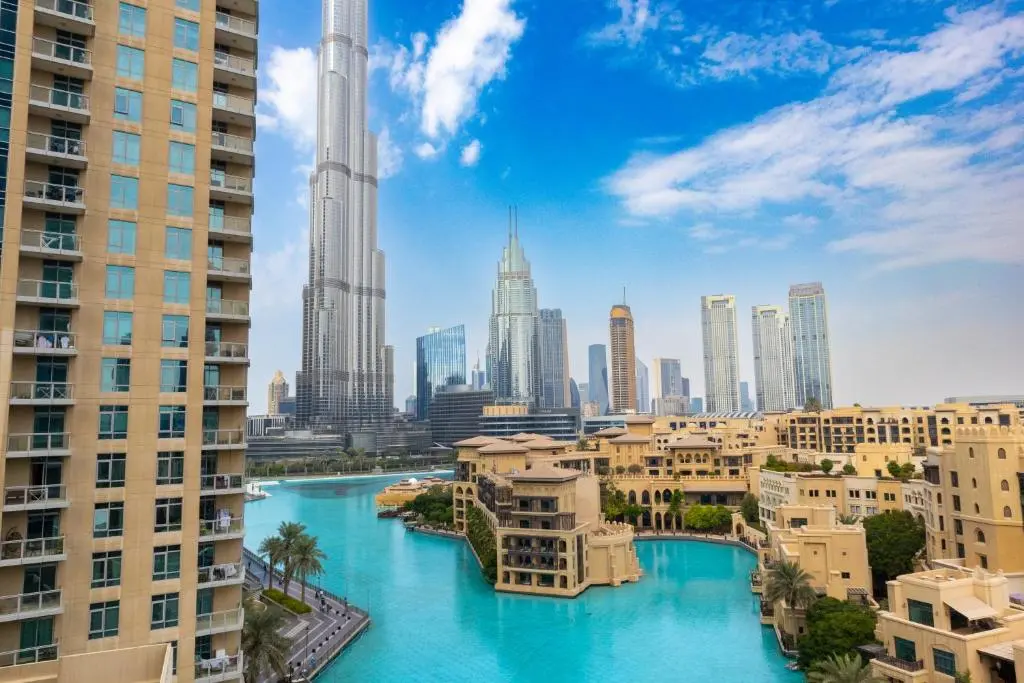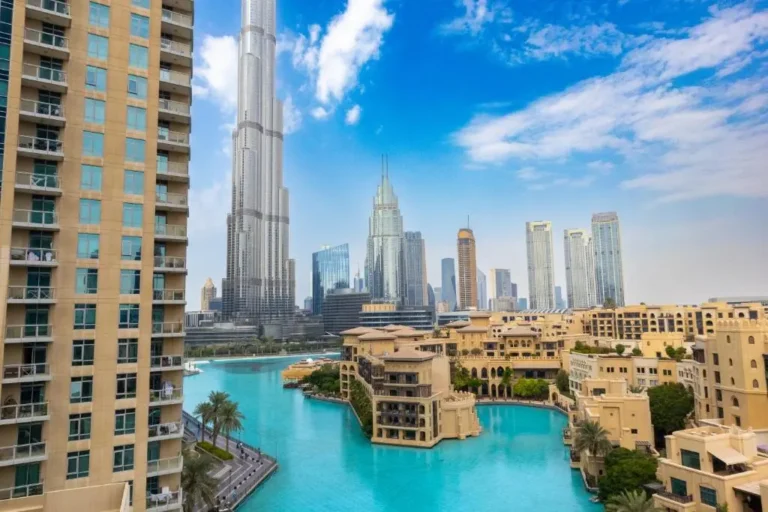Dubai has established itself as one of the most sought-after real estate markets in the world. With its tax-free environment, stunning architecture, and a wide range of property options, the city offers attractive investment opportunities for both local and international investors. Whether you are considering buying property in Dubai for personal use or as an investment, there are several approaches you can take to maximise your return. Below are seven different ways to invest in Dubai property, from traditional ownership to more creative strategies.
1. Buying Off-Plan Properties
One of the most popular ways to invest in Dubai real estate is by purchasing off-plan properties. This involves buying a property that is still under construction or in the development phase. Investing in off-plan properties often allows buyers to secure properties at a lower price than fully completed ones. Developers offer attractive payment plans, where buyers can pay in instalments during construction, making it easier for investors to manage their cash flow.
The advantage of off-plan investments is the potential for significant capital appreciation once the property is completed. As the project nears completion, its market value generally increases, providing early investors with a profitable exit strategy. Additionally, off-plan properties in Dubai often come with modern amenities and are built in prime locations, making them appealing for resale or rental purposes.
For those considering luxury property in Dubai, off-plan developments in high-end areas like Palm Jumeirah, Downtown Dubai, and Business Bay offer opportunities to own premium real estate at a competitive price.
2. Purchasing Ready Properties for Rental Income
Another popular way to invest in Dubai real estate is by purchasing ready or completed properties and renting them out. Dubai’s large expatriate population and growing influx of tourists have fueled the demand for rental properties, making it a lucrative market for landlords. Areas like Dubai Marina, Jumeirah Beach Residence (JBR), and Downtown Dubai are known for their strong rental markets, especially for apartments and high-end properties.
Investors in buying property in Dubai can generate significant rental income from premium tenants, such as high-net-worth individuals, corporate executives, and long-term expatriates. The rental yield in Dubai is generally higher compared to other major global cities, with returns ranging from 6% to 8%, depending on the location and type of property.
Buying property in Dubai for rental income also offers the benefit of long-term capital appreciation. As Dubai’s real estate market continues to grow and mature, property values are expected to increase, giving investors the potential for both steady rental income and appreciation over time.
3. Investing in Short-Term Rentals
With Dubai being a top tourist destination, short-term rentals have become a highly profitable investment option. Investors can purchase fully furnished properties and rent them out to tourists, business travelers, or residents on a short-term basis through platforms like Airbnb and Booking.com. The short-term rental market in Dubai is particularly strong in areas like Palm Jumeirah, Downtown Dubai, and Dubai Marina, where luxury properties attract high-paying tenants.
Investing in short-term rentals can generate higher rental yields compared to long-term leases, as you can charge a premium for short stays. However, managing a short-term rental requires more effort, as it involves frequent tenant turnover, cleaning, and maintenance. Some investors choose to hire property management companies to handle the day-to-day operations, ensuring a seamless experience for guests and a steady flow of income for the property owner.
4. Buying Property in a Gated Community
Gated communities are a popular investment choice in Dubai, especially for families and individuals seeking security, privacy, and a peaceful living environment. These communities often offer a range of amenities, such as parks, gyms, swimming pools, and schools, making them attractive to both residents and investors.
Popular gated communities in Dubai include Arabian Ranches, Emirates Hills, and The Springs. These areas are known for their spacious villas, landscaped gardens, and family-friendly atmosphere. For investors interested in luxury property in Dubai, gated communities like Emirates Hills and Jumeirah Golf Estates offer ultra-luxurious villas with stunning views and top-notch amenities.
Investing in a property within a gated community can yield long-term benefits, as these areas tend to maintain their value and appeal to a stable, affluent demographic. Properties in gated communities are also in high demand for both sales and rentals, providing investors with a range of opportunities.
5. Investing in Commercial Properties
While residential properties are the go-to choice for many investors, commercial real estate offers another profitable avenue. Dubai’s booming economy and its position as a global business hub have driven demand for office spaces, retail outlets, and industrial properties. Areas like Business Bay, Downtown Dubai, and DIFC (Dubai International Financial Centre) are known for their high-quality commercial properties.
Investing in commercial real estate can provide higher rental yields than residential properties, particularly if you secure long-term corporate tenants. Commercial tenants often sign multi-year leases, providing a stable and predictable income stream for investors.
For those looking to diversify their investment portfolio, commercial real estate can be a smart addition, offering higher returns and a hedge against the volatility of residential markets. Moreover, buying property in Dubai’s prime commercial areas ensures you’re investing in a high-demand sector that is essential to the city’s growth.
6. Real Estate Investment Trusts (REITs)
For investors who want to benefit from the Dubai real estate market without directly owning property, Real Estate Investment Trusts (REITs) are an excellent option. REITs are companies that own, operate, or finance income-producing real estate across various sectors. Investors can buy shares in REITs, allowing them to invest in real estate without the need for large upfront capital or property management responsibilities.
Investing in REITs provides diversification, liquidity, and the ability to earn dividends from the rental income generated by the properties within the trust. In Dubai, REITs typically invest in a mix of commercial, residential, and hospitality properties, giving investors exposure to multiple real estate sectors.
REITs are an ideal option for those who prefer a hands-off investment strategy while still reaping the benefits of Dubai’s real estate market. Additionally, since REITs are traded on stock exchanges, investors can buy and sell shares easily, providing flexibility that direct property ownership doesn’t offer.
7. Joint Ventures and Property Syndication
For investors who want to pool their resources and invest in larger real estate projects, joint ventures and property syndication can be an effective strategy. In a joint venture, two or more investors collaborate to purchase and develop a property, sharing the costs, risks, and profits. Property syndication allows multiple investors to contribute smaller amounts of capital to invest in larger real estate deals, such as hotels, shopping malls, or luxury residential developments.
These investment structures are ideal for investors who may not have the full capital required to invest in high-value properties individually but want to participate in larger, more profitable deals. Syndication and joint ventures allow investors to diversify their portfolios, share the financial burden, and benefit from larger-scale projects that offer greater returns.
For high-net-worth individuals, syndicating the purchase of luxury property in Dubai offers an opportunity to own a piece of premium real estate while sharing the investment with other stakeholders.
Conclusion
Dubai’s real estate market offers a wealth of opportunities for investors, with options ranging from traditional property ownership to more innovative investment strategies like REITs and joint ventures. Whether you’re interested in buying property in Dubai for rental income, short-term stays, or luxury investments, the city’s dynamic market provides numerous ways to achieve your financial goals. By exploring different avenues, from off-plan properties to commercial real estate, you can find the investment strategy that best suits your needs and long-term objectives.










+ There are no comments
Add yours